You don’t shower only before you have to go to an important meeting (teenagers excepted). Surgical teams go further, demanding a strict regimen of hygiene be followed before anyone is allowed into an operating room. Yet we tend to assume that libraries and physical IP (analog, memories, other physical blocks) are checked and pronounced… Read More
Electronic Design Automation
Silicon Creations talks about 7nm IP Verification for AMS Circuits
Designing at 7nm is a big deal because of the costs to make masks and then produce silicon that yields at an acceptable level, and Silicon Creations is one company that has the experience in designing AMS IP like: PLL, Serializer-Deserializer, IOs, Oscillators. Why design at 7nm? Lots of reasons – lower power, higher speeds,… Read More
Webinar: Optimizing QoR for FPGA Design
You might wonder why, in FPGA design, you would go beyond simply using the design tools provided by the FPGA vendor (e.g. Xilinx, Intel/Altera and Microsemi). After all, they know their hardware platform better than anyone else, and they’re pretty good at design software too. But there’s one thing none of these providers want to… Read More
Rethinking IP Lifecycle Management
We recently saw both Apple and Samsung introduce new smart phones, and realize that the annual race to introduce sophisticated devices that are attractive and differentiated is highly competitive. If either of these companies misses a market window then fortunes can quickly change. SoCs with billions of transistors like smart… Read More
ARM TechCon 2017 Preview with Mentor!
Next week is ARM TechCon which is one of my favorite conferences (SemiWiki is an event partner). This year is lucky number thirteen for ARM TechCon and it includes more than sixty hours of sessions plus more than one hundred ARM partners in the exposition. I will be signing free copies of our new book “Custom SoCs for IoT: Simplified”… Read More
Getting A Handle On Your Automotive SoCs For ISO 26262
When it comes to safety and automotive systems, ISO 26262 is the standard by which system vendors are judged. As with all things the devil is in the details. To be compliant to the standard, design teams must have a well-defined and rigorous design and validation process in place that copiously documents all the requirements of their… Read More
Reliability Signoff for FinFET Designs
Ansys recently hosted a webinar on reliability signoff for FinFET-based designs, spanning thermal, EM, ESD, EMC and aging effects. I doubt you’re going to easily find a more comprehensive coverage of reliability impact and analysis solutions. If you care about reliability in FinFET designs, you might want to check out this webinar.… Read More
Magillem User Group Meeting
Magillem is hosting a user group meeting on October 26th at The Pad in Sunnyvale. User Group meetings are always educational; this one should be especially so for a number of reasons, not least of which is the keynote topic: Expert Systems for Experts.
REGISTER HERE for the meeting in Sunnyvale on October 26[SUP]th[/SUP] from 10:00am… Read More
TechCon: See ANSYS and TSMC co-present
ANSYS and TSMC will be co-presenting at ARM TechCon on Multiphysics Reliability Signoff for Next Generation Automotive Electronics Systems. The event is on Thursday October 26th, 10:30am-11:20am in Grand Ballroom B.
You can get a free Expo pass which will give you access to this event HERE and see the session page for the event … Read More
A better way to combine PVT and Monte Carlo to improve yield
TSMC held its Open Innovation Platform Forum the other week on September 13[SUP]th[/SUP]. Each year the companies that exhibit at this event choose to highlight their latest technology. One of the most interesting presentations that I received during the event was from Solido. In recent years they have produced a number of groundbreaking… Read More



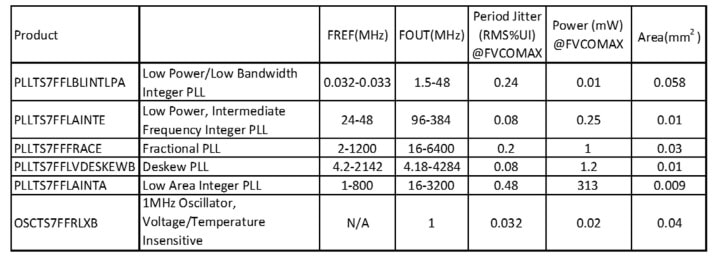
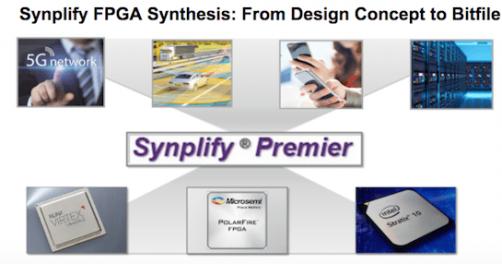
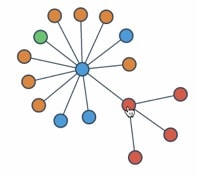

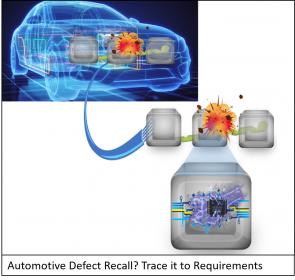
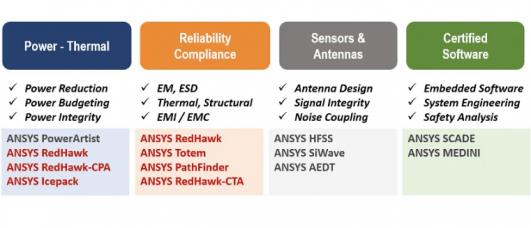

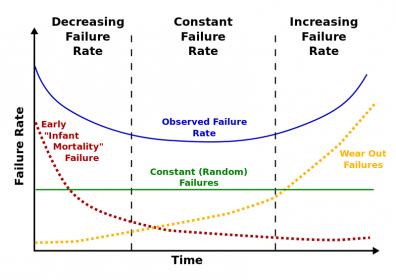
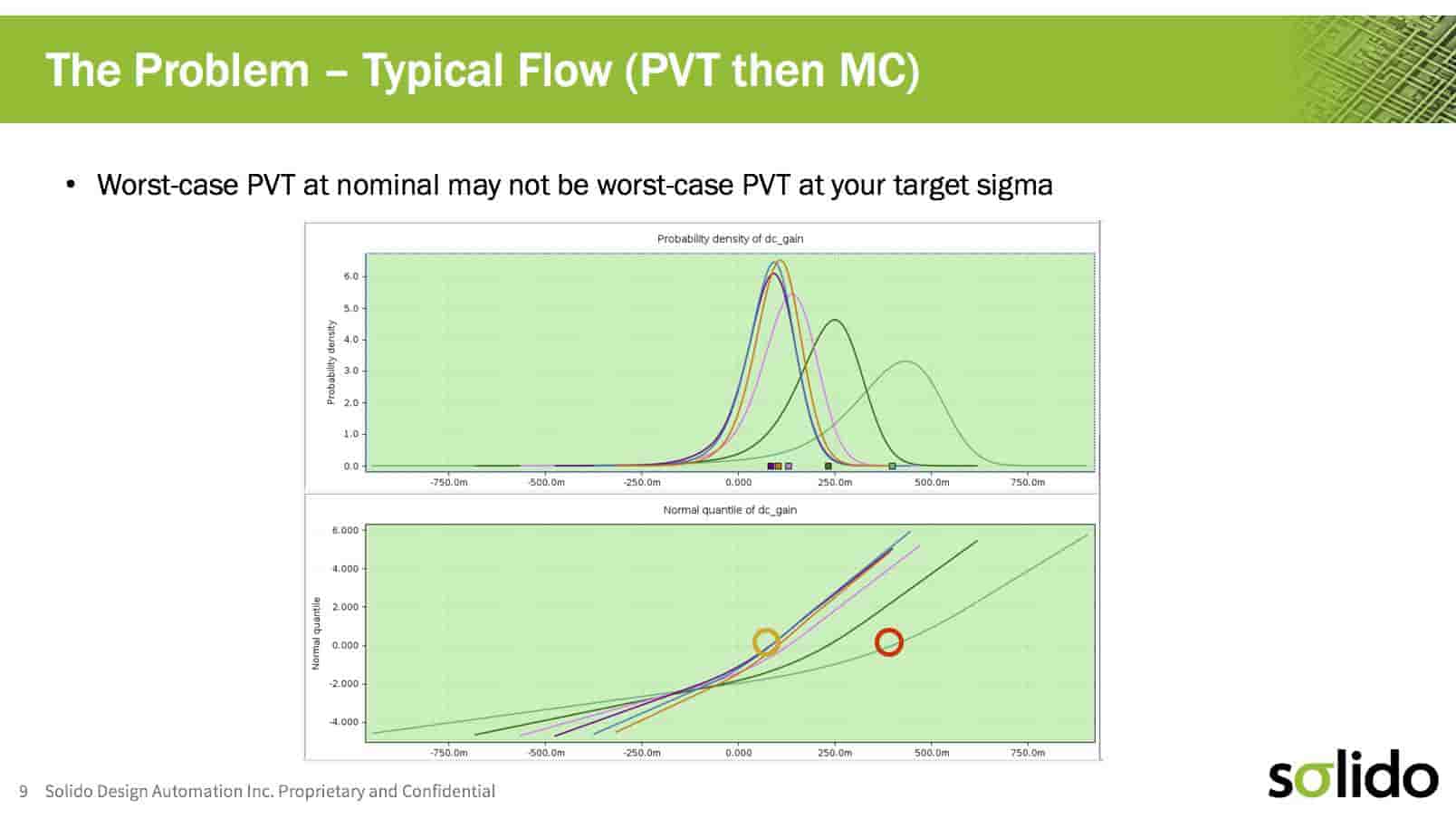
CEO Interview with Aftkhar Aslam of yieldWerx